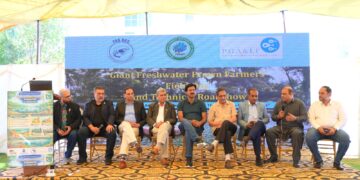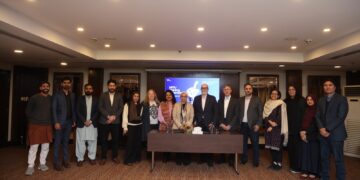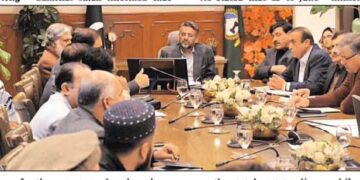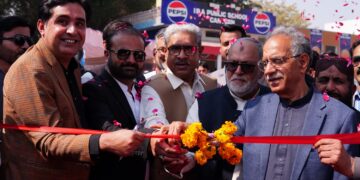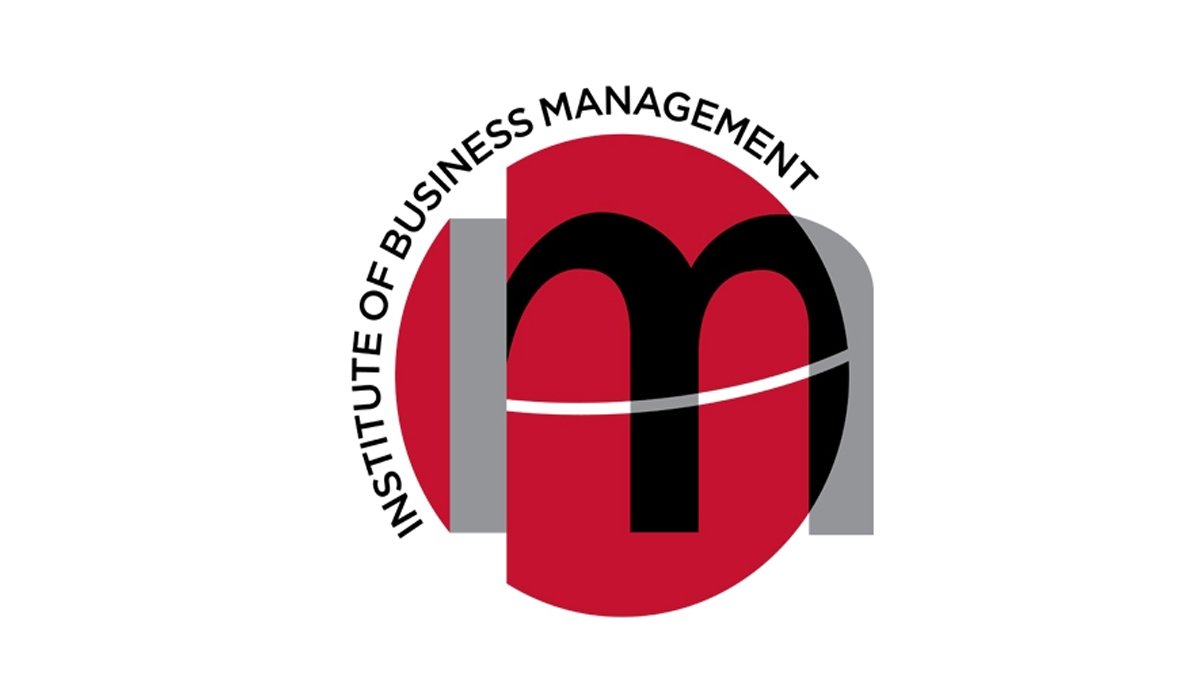KARACHI : The elimination of forced labor from the brick kilns sector is crucial not only for improving working conditions but also for ensuring the sustainability of businesses and fostering sustainable economic development. This statement was made by EFP Secretary General Syed Nazar Ali during a capacity-building session organized by the Employers Federation of Pakistan (EFP) with support from the International Labor Organization (ILO) under the BRIDGE Project for members of the Brick Kilns Owners Association Pakistan (BKOAP) in Faisalabad.
The EFP Secretary General expressed gratitude to the numerous members of the BKOAP for their attendance and provided an overview of the session’s objectives. He informed participants that this marked the 8th session in a series of capacity-building initiatives organized by EFP, aimed at empowering employers’ associations within the informal sector. The session specifically aimed to deepen the Brick Kilns Owners Association Pakistan (BKOAP)’s understanding of their role in advocating for members’ interests and addressing the challenges they encounter.
The members were also briefed on the fundamental labor standards, including those concerning forced and bonded labor. Mr. Nazar underscored the significant role that employers’ associations play in advocating for their members, which includes representation in local and international forums, and amplifying the sector’s collective voice in policy-making and social dialogue with the government and relevant institutions.
In his opening remarks, Shoaib Niazi, President of BKOAP, expressed gratitude to the ILO and EFP for their invaluable support in strengthening BKOAP’s capacity to foster an ethical working environment within the Brick Kilns Sector. He urged EFP to educate members on labor laws and advocate for legislation tailored to the unique challenges of brick kiln operations. Mr. Niazi highlighted persistent challenges such as unmet commitments regarding Zig Zag technology adoption and the scarcity of skilled labor. He emphasized the systemic dependence of workers on brick kiln owners under the ‘Peshgi System’, leading to issues like debt bondage, and proposed the regularization of this system to ensure both workers’ freedom and owners’ financial stability.
During the open discussion, Brick Kiln Owners raised several critical issues. These included the declining reputation of the sector, which is deterring interest from the younger generation, as well as challenges such as a shortage of skilled workers and rising manufacturing costs. They underscored the lack of supportive policies and infrastructure, despite the industry’s substantial contribution to the rural economy. The owners emphasized the need for official recognition and enhanced infrastructural support to address these pressing concerns effectively.
Concerns over bonded labor were prominently discussed, with a call to establish a system that safeguards both workers’ rights and employers’ investments. Participants also highlighted ongoing challenges related to the adoption of Zig-Zag technology and proposed the implementation of training programs by TVETA (Technical and Vocational Education and Training Authority).
There was a strong emphasis on the necessity for sector-specific legislation that integrates social security measures and provides accessible healthcare facilities in close proximity to brick kilns, seen as crucial for fostering sustainable development within the sector.






